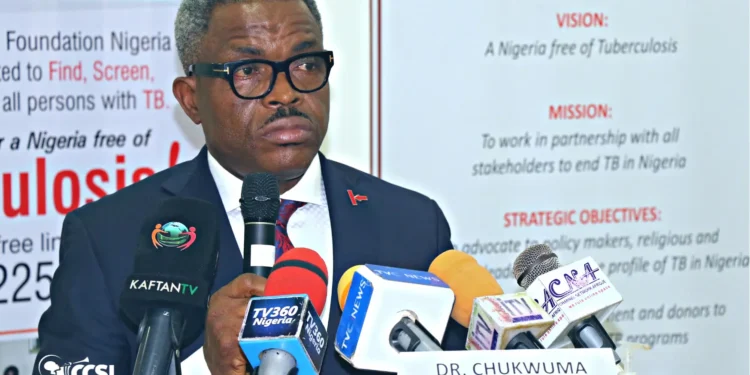The Coordinating Ministry of Health and Social Welfare has announced that it is adopting a new health policy called the National Task Shifting and Task-sharing (NTSTS) policy for the prevention and control of noncommunicable diseases in Nigeria through primary healthcare facilities.
This policy is an addendum to the ministry’s Task-shifting and Task-sharing policy for Essential Health Care Services.
The Director of Public Health in the ministry, Dr. Anyaike Chukwuma, disclosed that the policy was designed to address the growing burden of non-communicable diseases (NCDs) like diabetes and hypertension, by decentralizing comprehensive NCD prevention, diagnosis, care, treatment, and rehabilitation services to primary health care (PHC) facilities.
What He Said
Anyaike noted that one of the key benefits of this policy was the early detection and timely treatment of simple, uncomplicated NCDs.
- “The policy emphasizes the need for multi-sectoral engagement and curriculum review, as well as training, re-training, mentoring, and supportive supervision of PHC workers to effectively prevent and control prioritized NCDs in Nigeria.”
- “By implementing this policy, the country hopes to adopt a patient-centred approach, accelerate progress towards NCD prevention and control, achieve universal health coverage, and work towards the Sustainable Development Goals.”
The NTSTS Policy
According to Dr. Anyaike, by shifting tasks to primary healthcare workers, the policy would reduce the need for more expensive treatments at higher levels of healthcare, thereby improving resource efficiency.
The task shifting would also enable the available human resources for health to effectively address the emerging burden of chronic diseases, save lives, and allow physicians to focus on high-risk cases.
The adoption of the NTSTS policy in Nigeria is a crucial step in combating the rising burden of non-communicable diseases at the primary healthcare level.
The policy is expected to improve access to NCD prevention and control services, enhance patient care, and contribute to the overall improvement of the country’s healthcare system.
What you should know
Non-communicable diseases account for 74% of deaths globally every year, with 86% of these premature deaths occurring in low- and middle-income countries.
In Nigeria, NCDs contribute to nearly 30% of annual deaths, emphasizing the urgency to address this through primary healthcare facilities.
The World Health Organisation (WHO) recommends devolving NCD care to primary healthcare centres, utilizing task-shifting and task-sharing strategies.




















